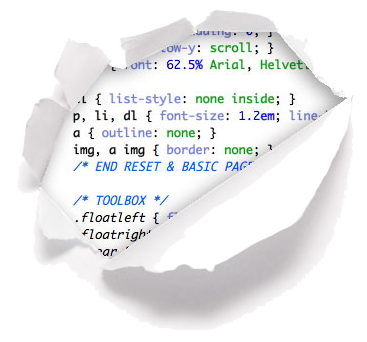Uh oh! We can't find the page you were looking for.

Use the search function in the top right to find what you were looking for, or go to the home page.
If you would like to report a broken link, please contact the webmaster.

Use the search function in the top right to find what you were looking for, or go to the home page.
If you would like to report a broken link, please contact the webmaster.